Environmental Science: Nano
Nano aspects of environmental science and sustainability
Editor-in-Chief: Peter Vikesland
Open Access: Hybrid

Environmental Science: Nano is a comprehensive, high-impact journal focused on nanoscale materials and processes in the environment.
ISSN: 2051-8161
Journal Impact factor
5.1 (2024)
First decision time (all)
14 days
First decision time (peer reviewed)
50.5 days
Scope
The scope encompasses beneficial uses and adverse impacts of engineered, natural and incidental nanomaterials in air, water, soil and environmentally-relevant systems.
This includes, but is not limited to, the following topic areas:
- Innovative nanoscale applications for water, air, soil, food, climate, and energy sustainability
- Safe and sustainable by design principles including rational nanomaterial design, life cycle assessment, risk/benefit analyses
- Environmentally relevant nanomaterial interactions with biological systems and nanotoxicology
- Environmental fate, reactivity, and transformations of nanoscale materials, including nanoplastics and ultrafine atmospheric particles
- Analytical methods for characterisation of nanoscale processes and materials
- Development and testing of nanoscale sensors for environmental deployment
Submissions are initially assessed by the Editorial Office and handled through peer-review by our high-profile associate editors.
Readership
Environmental Science: Nano is essential reading for academic, industrial and government researchers, engineers, manufacturers and legislators interested in the effects and consequences of nanotechnologies on environmental and human health.
All articles published in Environmental Science: Nano will benefit from wide exposure. Furthermore, all content published during 2014 and 2015 is free to access upon registration.
Information for authors
Want to publish in this journal? Our author guidelines explain how to prepare and submit your article and provide useful information on the review and publication process including transfers, revisions and any article processing charges (APCs) that may apply.
You can read our payments and funding information for further details about APCs, which may apply for publishing open access in this journal, as well available discounts and waivers.
You may be able to publish open access in this journal, with no APC to pay, if your institution has an open access agreement with us. You can use our journal finder tool to check for agreements between us and your institution.
Meet the team
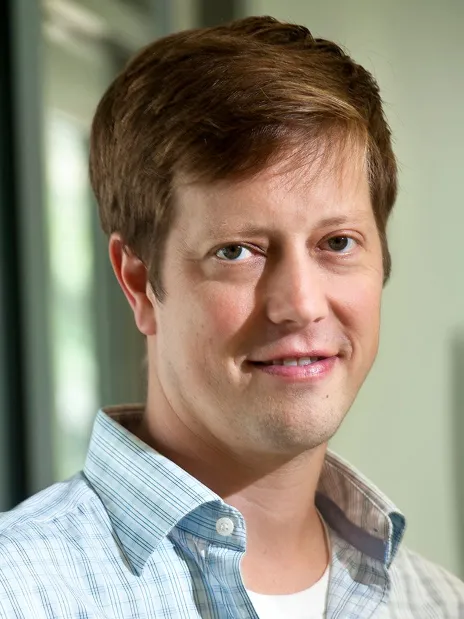
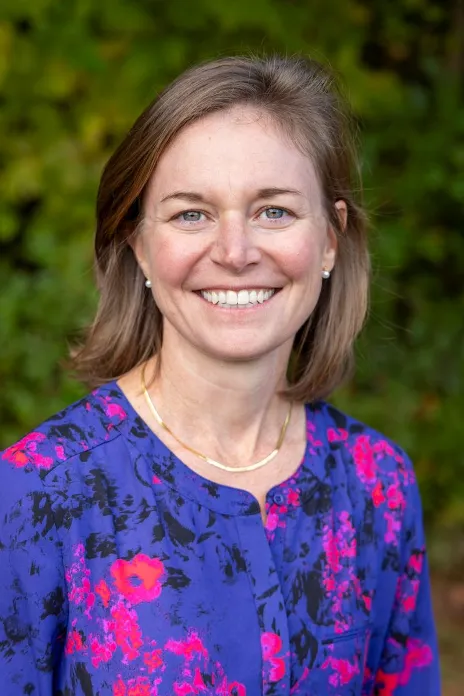
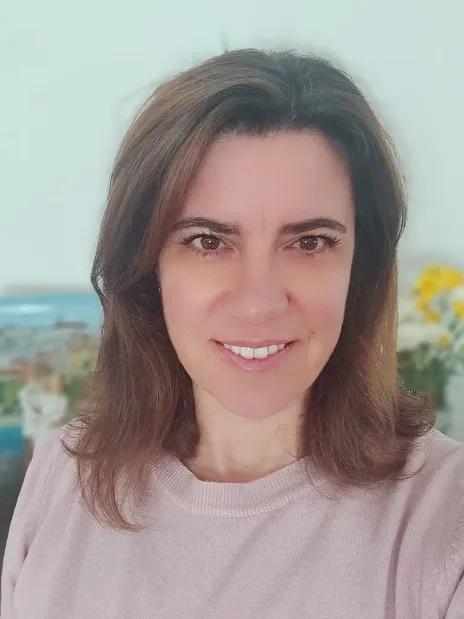
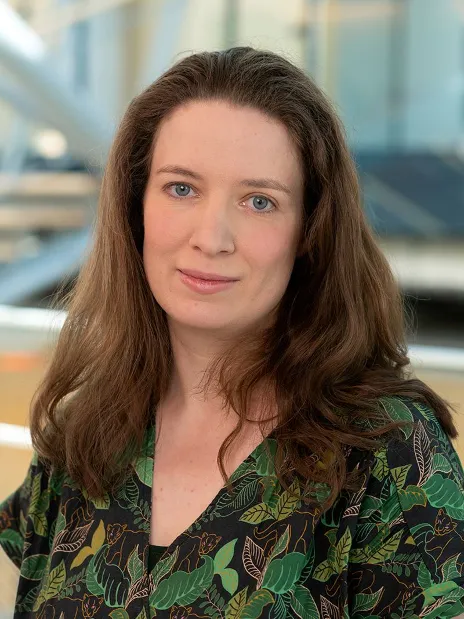




Rui Liu
Editorial board member
Research Center for eco-Environmental Sciences
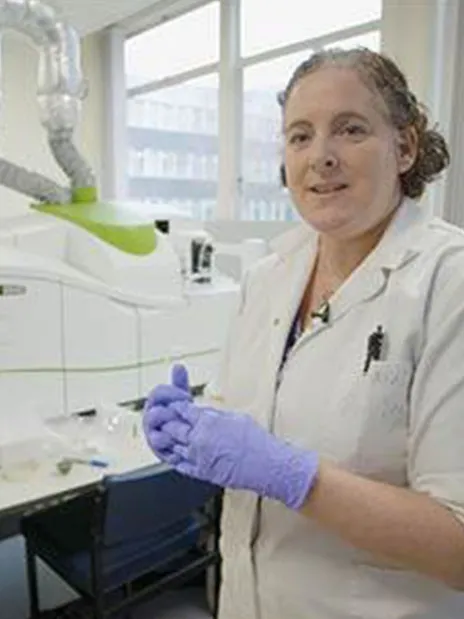


Melanie Auffan
CEREGE
Giannis Mpourmpakis
University of Pittsburgh
Yoon-Seok Chang
Pohang University of Science and Technology
Wei Chen
Nankai University
Philip Demokritou
Harvard University
Juliane Filser
Bremen University
Greg G. Goss
University of Alberta
Vince Hackley
National Institute of Standards and Technology
Robert Hamers
University of Wisconsin-Madison
Christy Haynes
University of Minnesota
Robert Hurt
Brown University
Saber Hussain
Air Force Research Laboratory at Wright-Patterson Air Force Base
James Hutchison
University of Oregon
Ralf Kaegi
Eawag
Anne Kahru
Laboratory of Environmental Toxicology
Zhang Lin
Central South University
Sijin Liu
Research Centre for Eco-Environmental
Gregory Lowry
Carnegie Mellon University
Sara E. Mason
Brookhaven National Laboratory
Willie Peijnenburg
Leiden University
Debora Rodrigues
University of Houston
Tara Sabo-Attwood
University of South Carolina
Navid Saleh
University of Texas at Austin
Gabriele Schaumann
Landau University
Kristin Schirmer
Swiss Federal Institute of Aquatic Science and Technology
Vera Slaveykova
University of Geneva
Wei-Guo Song
Chinese Academy of Sciences
Nathalie Tufenkji
McGill University
Jason M. Unrine
University of Kentucky
Frank von der Kammer
University of Vienna
Sharon Walker
Drexel University
Weixian Zhang
UNEP-Tongji Institute of Environment for Sustainable Development
Jon Ferrier
Executive Editor
Demitra Ellina
Deputy Editor
Lucy Argyle
Editorial Production Manager
Alex Holiday
Editorial Assistant
Jamie Purcell
Assistant Editor
Alexander John
Assistant Editor
Emily Ellison
Assistant Editor
Clare Fitzgerald
Assistant Editor
Lauren Yarrow-Wright
Assistant Editor
Kevin Vincent
Assistant Editor
Andryj Borys
Assistant Editor
Lee Colwill
Publishing Assistant
Sam Keltie
Publisher
Read this journal
Paper
The surface charge both influences the penetration and safety of polystyrene nanoparticles despite the protein corona formation
Paper
Assessing the ecotoxicity of multicomponent nanomaterials using a classification SAR approach
Paper
A quality-by-design inspired approach to develop PET and PP nanoplastic test materials for use in in vitro and in vivo biological assays
Paper
About the effects of true-to-life polyethylene terephthalate nanoparticles on macrophages
More from this journal
Contact the journal team
We're here to help. Contact the journal team if you have any questions about publishing your paper with us.
Sign up for journal email alerts
Get table of contents alerts and notifications about calls for papers, themed issues and more.
